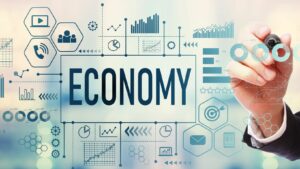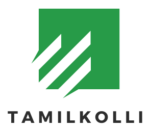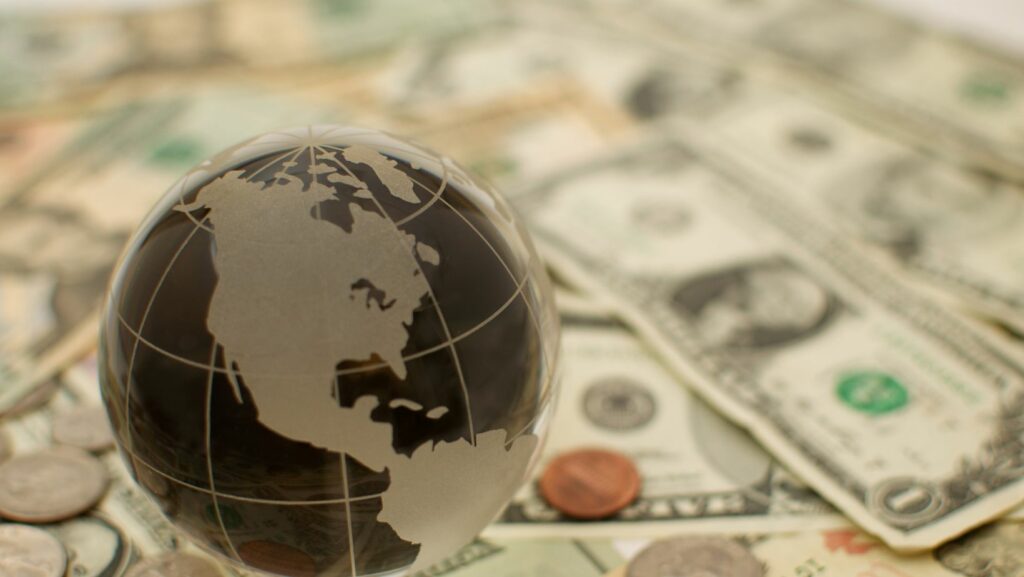Exploring the essence of a free market unveils a myriad of defining characteristics that shape its fundamental nature. In this realm of economic exchange, autonomy reigns supreme, empowering individuals to make decisions based on personal choices rather than centralized directives. The hallmark of a free market lies in its unbridled competition, where supply and demand dance in a harmonious rhythm, setting prices and determining the allocation of resources. Embracing the spirit of innovation and entrepreneurship, a free market thrives on the dynamism of diverse players vying for success in an open arena of opportunity.
Which of the Following is a Characteristic of a Free-market Economy?
Definition of a Free Market
A free market is a system where economic decisions and the pricing of goods and services are guided by the interactions of citizens and businesses, rather than by the government. In a free market, I set the prices of my products based on what consumers are willing to pay, not on any external mandates. This self-regulating system allows for a more efficient allocation of resources as individuals pursue their self-interest.
Core Principles of a Free Market

In a free market, competition is the driving force that ensures efficiency and innovation. By fostering competition, I can constantly strive to enhance my offerings to attract more customers. This competitive environment benefits consumers as well, as they have access to a variety of options at competitive prices. Additionally, property rights are fundamental in a free market; I have the right to own, use, and dispose of my property as I see fit, promoting individual liberty and responsibility.
Characteristics of a Free Market
Voluntary Exchange
In a free market, voluntary exchange is a fundamental characteristic. It means that transactions between buyers and sellers occur willingly, without coercion. As an individual, I can choose to buy or sell goods and services based on my preferences and needs. The freedom to engage in voluntary exchange leads to mutually beneficial outcomes where both parties involved in the transaction feel they are better off.
Price Mechanism

The price mechanism is a key feature of which of the following is a characteristic of a free-market economy? It is determined by the forces of supply and demand. In my experience, prices adjust based on the availability of goods and services and how much consumers are willing to pay for them. Prices act as signals, guiding producers and consumers in their decision-making processes. In a free market, I’ve observed that prices convey crucial information about scarcity, consumer preferences, and production costs.
Competition and Innovation
Competition and innovation thrive in a free market environment. As an entrepreneur, I’ve seen how competition incentivizes businesses to enhance their products, reduce costs, and improve efficiency. In a competitive market, I am constantly driven to innovate to stay ahead of rivals and meet consumer demands. This dynamic environment fosters creativity and continuous improvement, ultimately benefiting consumers with a variety of high-quality goods and services at competitive prices.
Minimal Government Intervention

Minimal government intervention is a defining characteristic of a free market. In my view, the government’s role is limited to enforcing property rights, contracts, and preventing fraud. By allowing market forces to operate freely, which of the following is a characteristic of a free-market economy? can efficiently allocate resources based on individual decisions and preferences. In a free market, I’ve noticed that excessive regulations and interventions can distort prices, disrupt competition, and hinder innovation.
Benefits of a Free Market Economy
Efficiency and Productivity
In a which of the following is a characteristic of a free-market economy?, businesses are driven by competition to operate more efficiently. Competition pushes me to constantly innovate, cut costs, and improve productivity to stay ahead. As a result, resources are utilized more effectively, leading to increased output with lower input costs. This efficient use of resources benefits both businesses and consumers by ensuring that goods and services are produced at competitive prices without wastage.
Consumer Sovereignty
One crucial benefit of a which of the following is a characteristic of a free-market economy? is consumer sovereignty. In this system, consumers like me have the power to dictate what is produced through their purchasing decisions. When I demand a product or service, businesses strive to meet my needs to secure my patronage.


